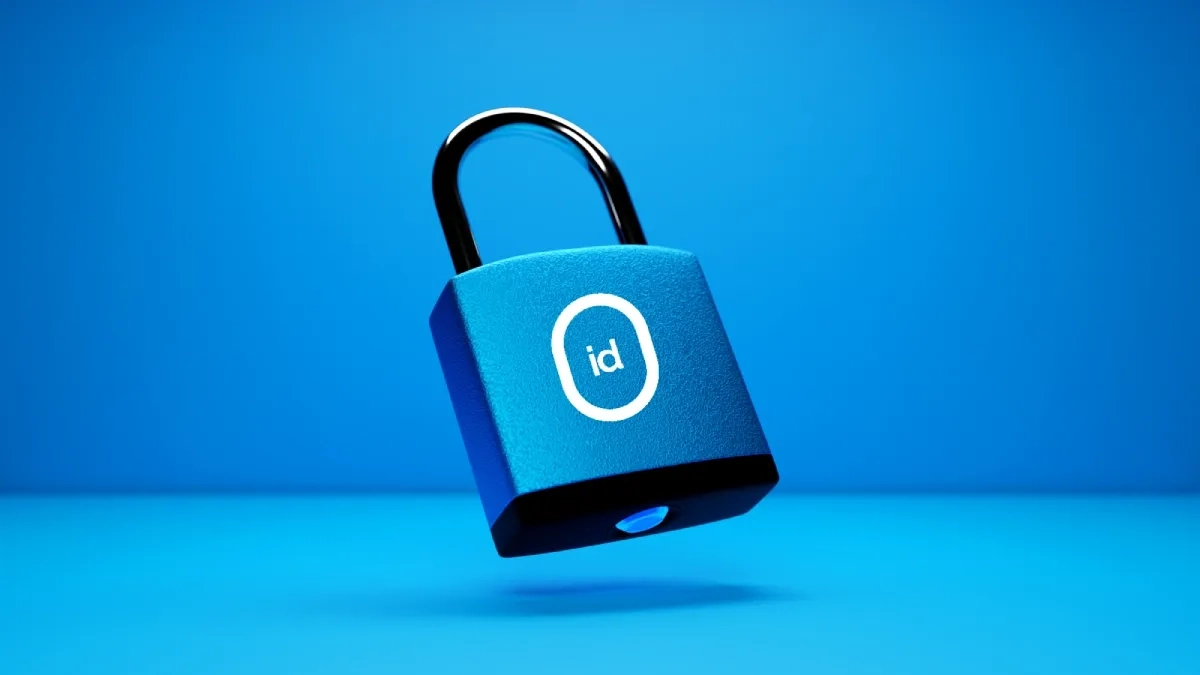Key takeaways
Definition of Privacy: Privacy is defined as the protection of personal and private data from unauthorized access, allowing users to control who can access their personal information.
Online Privacy Risks and Concerns: In a world where data breaches are common, concerns about online privacy are increasing, highlighting the need to safeguard personal information against misuse or access by cybercriminals.
Significance of Privacy in the Digital Age: Privacy is considered a fundamental right in several jurisdictions, and our growing digital engagement underscores the necessity of protecting our personal information online.
Didit's Privacy Solutions: Didit provides a decentralized digital identity that empowers users to fully control their data, aligning with key regulations and utilizing a dual encryption system to ensure the security and privacy of user information.
We live interconnected lives. In this digital era, it's entirely common to share a significant portion of our information with other users or services. This leads us to a question: Has privacy as we knew it died?
For many users, the answer is no. At least, they show significant concern about how their data is managed or how their information is stored. It's primarily users over 55 who are most concerned about these issues, although such concerns are also blossoming among younger generations, aware that information is power.
That's why decentralized solutions like Didit empower users with technology, instantly resolving all privacy-related worries. Keep reading, and we'll tell you everything!
What is Privacy?
But, what do we mean by privacy? We can define this concept as the protection of personal and private data from those who shouldn't have access to it, as well as the ability to decide who or what can access this personal information. These are details like your name, location, contact information (phone or email) that identify and put a face to the person on the other side of the screen.
Now, virtually every website, app, or platform we visit will ask for access to our data: many of them need to access, collect, and store certain information to provide their services correctly.
The problem arises when any of these providers oversteps in managing this information or fails to put up sufficient barriers to care for and watch over the information properly. This is when personal data leaks can occur, falling into the wrong hands: our information could be in danger.
Privacy is the protection of personal and private data from those who shouldn't have access to it.
Cybercriminals Never Rest
Situations like these are far more common than we think. In fact, a few months ago, we learned that Spain was on the podium for data leaks worldwide, just behind the United States and Russia. This means that users experience a detrimental impact on our interests and can lead to massive fines for companies.
What do cybercriminals want with the data? Evil never rests, and this private information can be used for harassment, scamming, or extorting users, or even to directly access someone's bank accounts and withdraw all the funds.
The Importance of Online Privacy
In these days when digital interaction is almost constant from the moment our alarm goes off, online privacy is an increasingly growing concern. From the cookie pop-up we accept to the privacy agreement we almost ignore, we're not aware of the trail of information we leave behind. Who has access to this information? How is it used? Or, most importantly, how can we protect our personal information?
Privacy is indeed a precious commodity, even considered a fundamental right in some jurisdictions. Regulations like the European RGDP (General Data Protection Regulation) or the Californian CCPA (California Consumer Privacy Act) give a glimpse of how important this issue is.
How Didit Helps Take Care of Our Privacy
At Didit, we believe in the importance of giving people back what is theirs: privacy. That's why our proposal is to create a decentralized digital identity that allows humans to regain all that authority over their data and information.
Thanks to our technology, what's yours will stay yours, having control at all times to decide what you want to share and how you want to do it. That's the beauty of creating decentralized technology for humanity.
With Didit, you have the power. You decide what information you want to share and with whom.
Security and Privacy of Your Data
Our commitment to excellence requires us to comply with the highest standards of quality
in security and privacy. Therefore, Didit aligns with major regulations, both national and international. We're talking about, for example, the European eIDAS 2 regulatory framework, the aforementioned GDPR, or MiCA, the regulation on crypto-assets that will be implemented in Europe and is expected to come into effect in Spain in April 2024.
Much of this is due to our double encryption system. Thanks to it, the data included in your Didit profile will only be accessible by you, and you can share it with the services you wish, thanks to your private key. Until then, this information will remain fully encrypted, secure, and away from potential dangers.
Start Today with Your Decentralized Identity
Breaking with centralization and making the leap to decentralized identity is easy: you just have to create your own decentralized digital identity with Didit. It's easy, simple, and completely free. If you want, you can start the process by clicking the button below, and you'll be one step closer to taking back ownership of your data and personal information!

